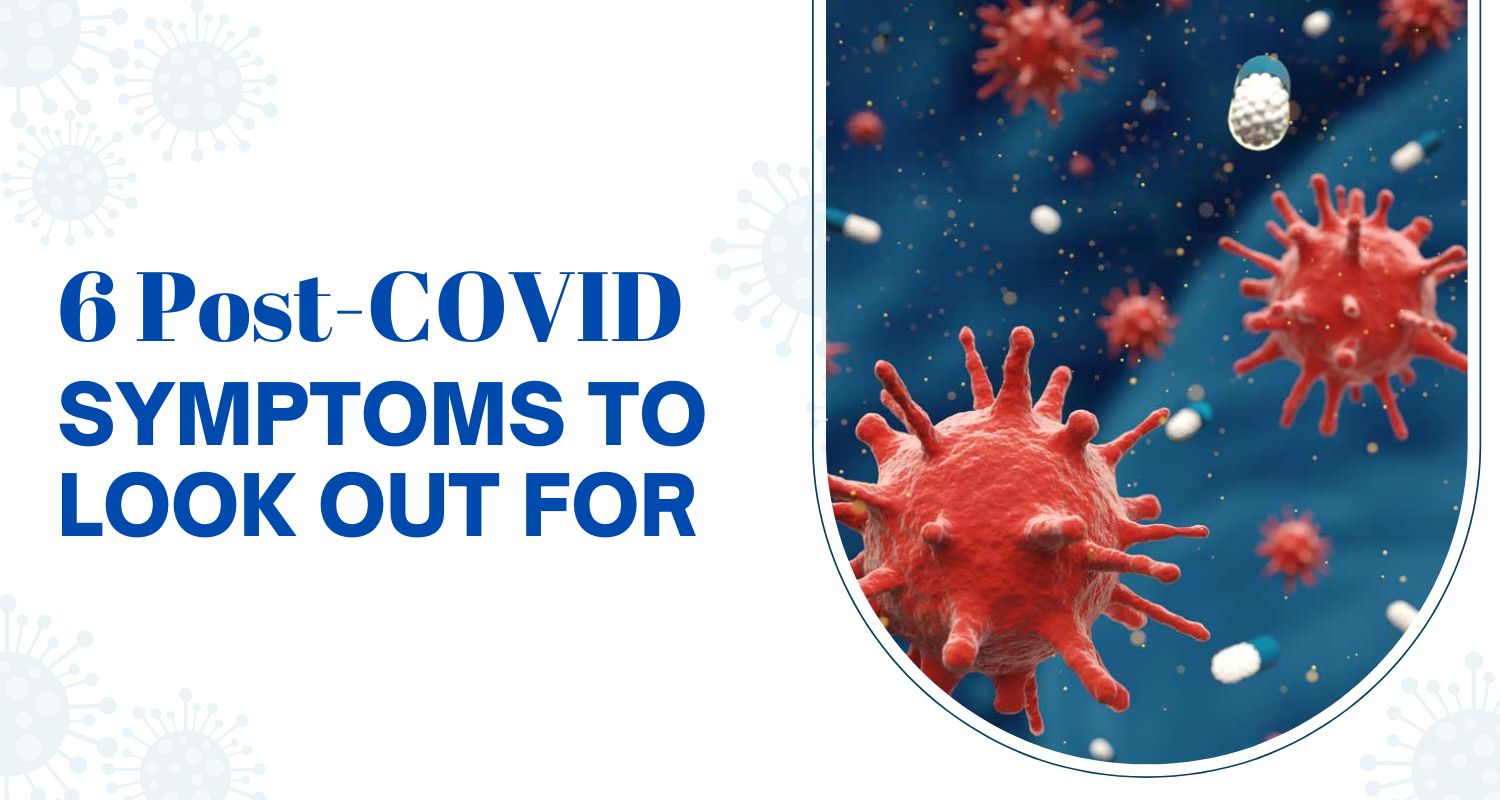The fight against COVID-19 has been an arduous journey for millions around the globe. While recovery from the virus is a victory in itself, many individuals continue to grapple with lingering symptoms long after testing negative. This phenomenon, often called post-COVID syndrome, sheds light on the complexities of the virus and its impact on the human body.
In this blog post, we delve into 6 post-COVID-19 symptoms after recovery that individuals may experience after recovery.
1. Lingering Cough After COVID
One of the most common and persistent post-COVID symptoms is a lingering cough. While the acute respiratory distress during the active phase of the infection may have subsided, some individuals find themselves dealing with a cough that refuses to dissipate.
The reasons behind this lingering cough can vary, ranging from residual inflammation in the respiratory tract to possible damage caused by the virus. It is crucial for individuals experiencing a persistent cough after COVID-19 to seek medical attention to rule out any underlying complications and receive appropriate care.
2. Fatigue and Weakness
Post-COVID fatigue is a prevalent concern among those who have battled the virus. Even after recovering from the acute phase of the infection, individuals may find themselves grappling with persistent fatigue and weakness.
This could be attributed to the body’s prolonged recovery process, immune system adjustments, or even the psychological toll of the illness. Managing post-COVID fatigue involves balancing rest, nutrition, and gradual physical activity to rebuild strength.
3. Respiratory Issues That Persist Post-COVID
Beyond the lingering cough, some individuals may experience more severe respiratory issues post-COVID. Shortness of breath, chest tightness, and difficulty breathing are symptoms that can persist even after the virus has left the body.
This underscores the importance of post-recovery monitoring and seeking medical guidance if respiratory symptoms persist. Pulmonary rehabilitation programs may be recommended to aid in the recovery of lung function and overall respiratory health.
4. Cognitive Impairment
The impact of COVID-19 is not limited to the respiratory system; it can also affect cognitive function. Some individuals report difficulties with concentration, memory loss, and a general foggy feeling even after overcoming the virus. This phenomenon, often called “brain fog,” can significantly affect daily life and productivity.
Seeking the guidance of healthcare professionals and cognitive rehabilitation therapies can be instrumental in addressing these mental challenges.
5. Post-COVID Psychological Impact
One of the lesser-known symptoms after COVID is the toll it takes on mental health. The mental health toll of the pandemic extends beyond the acute phase of the illness. Many individuals experience heightened levels of anxiety, depression, and post-traumatic stress disorder (PTSD) even after recovering from COVID-19.
The psychological impact can be attributed to the fear and uncertainty surrounding the virus, the isolation during quarantine, and the lingering effects of the illness itself. Mental health support and counseling are pivotal in addressing and mitigating these challenges.
6. Persistent Loss of Smell and Taste
A well-documented symptom among the many lingering COVID symptoms is the loss of smell and taste. However, this sensory impairment may persist for some individuals even after recovery.
The exact mechanisms behind this lingering symptom are still under investigation, but it is believed to be linked to the virus’s impact on the olfactory and gustatory systems. Seeking medical evaluation and potentially participating in smell and taste rehabilitation programs can aid in the recovery of these senses.
Conclusion
The journey of post-COVID recovery is as diverse as the individuals it affects. Recognizing and understanding the various symptoms that can persist after the acute phase of the infection is crucial for both affected individuals and healthcare providers.
Individuals may face lingering coughs, fatigue, respiratory issues, cognitive impairment, post-COVID syndrome, psychological impact, and persistent loss of smell and taste. Seeking prompt medical attention, adopting a holistic approach to recovery, and fostering mental well-being are essential components of navigating the post-COVID landscape.
As the world continues to grapple with the long-term effects of the pandemic, raising awareness about these post-COVID symptoms is paramount to fostering understanding, empathy, and support for those on the path to recovery.

